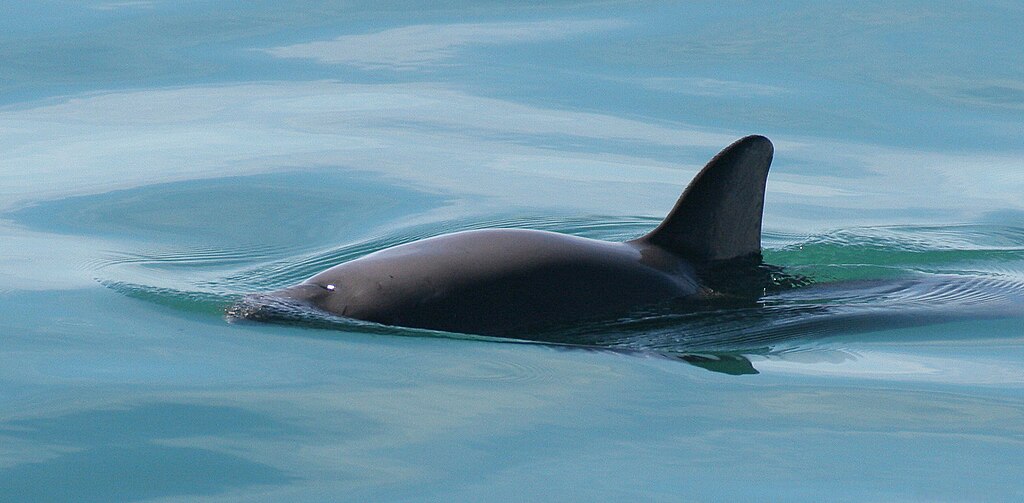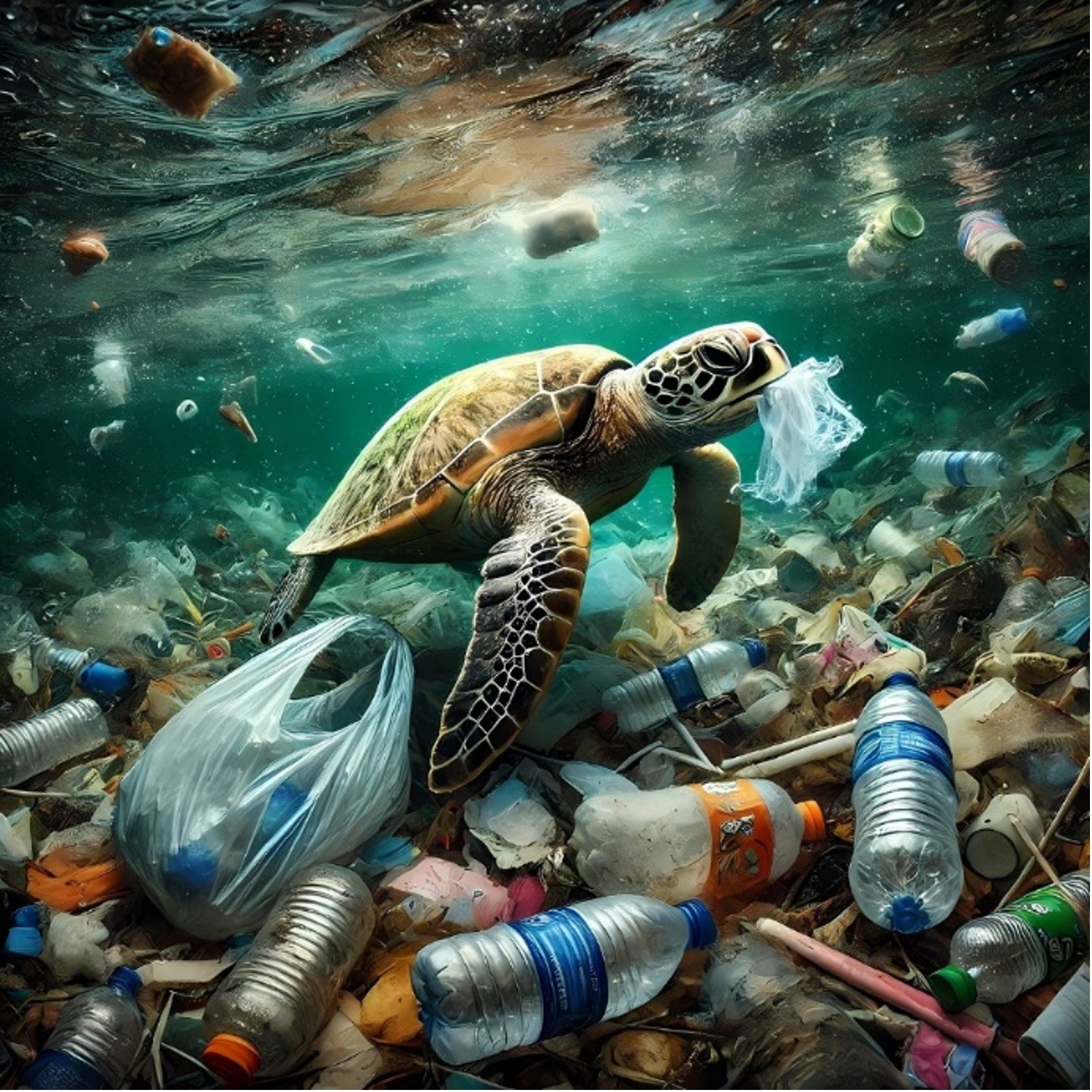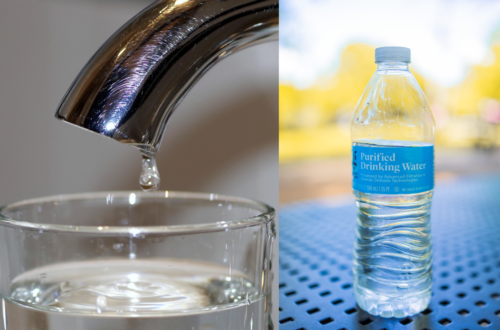
Poison in Disguise: The Scary Side of Plastic Recycling
When we think of plastic recycling, we usually imagine helping the planet—turning old stuff into something new instead of throwing it away. But did you know that recycling plastic might actually be more harmful than helpful in some cases?
We’ve grown up being told that recycling is the best way to help the planet. It became a badge of honor: rinse the yogurt cup, separate the caps, fill the blue bin. It felt like the right thing—and for a long time, it was one of the best tools we had.
But now, the story’s getting more complicated. I’ve decided to dig deeper and ask myself, “Am I really helping?” I don’t think I’m “wrong” for recycling. I’m thoughtful. I’m trying. But I’m also someone willing to learn, adapt, and grow.
Behind the Bin: What Studies Say About Plastic Recycling

Greenpeace, a group that protects the environment, found out something surprising. They discovered that recycled plastics can sometimes be more dangerous than brand-new plastic. That’s because plastic is made with over 13,000 chemicals, and more than 3,000 of them can be harmful to humans. When we recycle plastic, those harmful chemicals don’t go away. In fact, they can get even stronger in the recycled plastic.
The Greenpeace report explained three ways recycled plastic becomes toxic:
- Old Chemicals Stick Around – If the original plastic was made with bad chemicals, those chemicals stay in the recycled version too.
- Plastic Soaks Up Toxins – Plastic can absorb dangerous stuff from the environment. When it’s recycled, those toxins can end up in new products.
- New Toxins Are Created – The recycling process itself can sometimes create brand-new toxic chemicals.
Because of all this, Greenpeace says we shouldn’t rely too much on recycling to solve the plastic problem. Instead, we should try to make and use less plastic from the start.
Another group, the Natural Resources Defense Council (NRDC), also warns about a type of recycling called “chemical recycling.” This method is often advertised by plastic companies as high-tech and helpful—but here’s the truth: many of these methods involve burning plastic, which releases harmful smoke and chemicals into the air. That’s not good for people or the environment. These recycling centers are also often placed in poor communities, which isn’t fair because those people have to live with more pollution.
And it’s not just environmental groups that are worried. Scientists from the University of Gothenburg studied recycled plastic from 13 different countries. They found more than 600 harmful chemicals in those plastics, including dangerous pesticides and even drug leftovers. The scientists believe recycling plastics with all those toxins is risky and not a safe way to help the planet.
So What Should We Do?

Credit: Midjourney AI
All three groups—Greenpeace, NRDC, and the scientists—agree on one thing: we need to make less plastic in the first place and use safer materials. Plastic recycling isn’t enough, and in some cases, it can make things worse.
The best way to protect our planet and our health is to use less plastic, choose better materials, and be smart about how we handle waste.
I’d love to hear your thoughts! Feel free to comment on this post and don’t miss my other stories about plastic waste:





